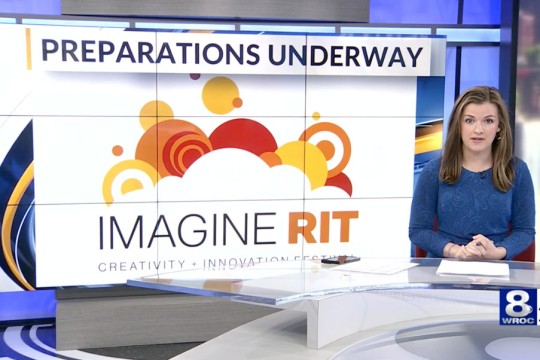The Battle Over Chesapeake Bay: Environmental Policy, Politics and Oysters
‘The Oyster Question’ examines the rise, survival and struggles of an iconic industry
A recently published book sheds new light on how a combination of political, economic and social factors maintained Maryland’s iconic oyster industry for most of the 20th century despite intense pressure to privatize the rich oyster reefs of the Chesapeake Bay, the nation’s largest estuary.
In The Oyster Question, Christine Keiner, associate professor of science, technology and society at Rochester Institute of Technology, applies perspectives of environmental, agricultural, political and social history to chronicle the decisions that enabled the Maryland Chesapeake oyster industry to survive as a regulated commons in an increasingly industrialized and privatized world economic system.
“Rather than epitomizing the ‘tragedy of the commons’ thesis, the Maryland oyster fishery has served as a positive, if imperfect, model for a world undergoing increased corporate control of natural resources,” Keiner says. “Through this book I hope to provide answers as to how and why this industry managed to survive for so long to help improve future environmental management and resource policymaking both for the Chesapeake area and the nation as a whole.”
While many experts have argued that a lack of regulation enabled oystermen to exploit the bay to the point of ruin, Keiner offers an opposing view in which state officials, scientists and oystermen created a regulated commons that sustained tidewater communities for decades. Not until the 1980s did a confluence of natural and unnatural disasters weaken the bay’s resilience enough to endanger the oyster resource.
Keiner examines conflicts that pitted scientists in favor of private aquaculture against watermen who used their power in the statehouse to stave off the forces of rural change. Her study also provides new information regarding the evolution of environmental politics at the state rather than the federal level.
Keiner concludes The Oyster Question with a discussion of the recent debate over introducing non-native oysters to the Chesapeake Bay and how that proposal might affect the struggling watermen and their identity as the last hunter-gatherers of the industrialized world.
“The Oyster Question is a first-rate analysis of the interaction between science, environment and politics alongside one of the nation’s oldest and most important conservation problems,” notes fisheries scholar Arthur McEvoy. “This book will be necessary reading for anyone who wonders why good science doesn’t necessarily lead to good policy, in resources management or any other area.”
The book is published by the University of Georgia Press.
NOTE: Review copies are available to members of the media. Contact Regan Huff at rhuff@ugapress.uga.edu or 706-369-6160.














